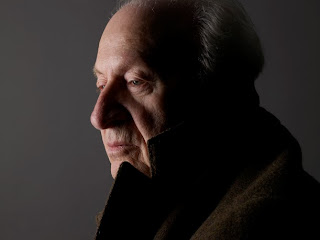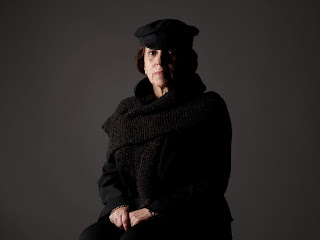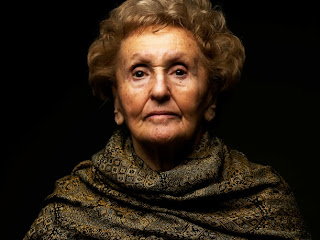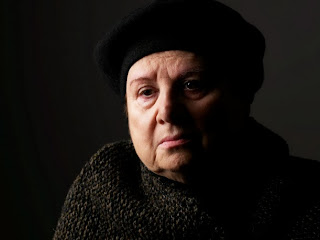- Joseph Greenblatt.
 Joseph Greenblatt was born in Warsaw in 1915. He learned about resistance from his father, an army captain who had fought for Polish independence during WWI. At eighteen, Joe enlisted in the Polish army as an infantryman, becoming an officer in 1938. In 1939 he was mobilized and sent to the Polish-German border. He witnessed the German invasion directly and fought for almost twenty days before being taken prisoner and sent to a German POW camp. It was in the camp that he began to establish connections with the newly formed Armia Krajowa (AK). The AK hijacked a German truck, transporting Joe to a hospital, freeing him and his fellow prisoners.
Joseph Greenblatt was born in Warsaw in 1915. He learned about resistance from his father, an army captain who had fought for Polish independence during WWI. At eighteen, Joe enlisted in the Polish army as an infantryman, becoming an officer in 1938. In 1939 he was mobilized and sent to the Polish-German border. He witnessed the German invasion directly and fought for almost twenty days before being taken prisoner and sent to a German POW camp. It was in the camp that he began to establish connections with the newly formed Armia Krajowa (AK). The AK hijacked a German truck, transporting Joe to a hospital, freeing him and his fellow prisoners.Joe returned to Warsaw, only to find the Jewish population of the city walled into a newly formed ghetto. Though they were imprisoned the Jews of Warsaw were far from passive; underground resistance units had already begun to form. Joe used his army connections to amass a stockpile of black market weapons. He also met and married his wife, the younger sister of a comrade in arms.
In the spring of 1943, rumors of a full-scale liquidation circulated. Joe and the other partisan commanders decided it was time to act. Disguised as Nazis, they attacked German soldiers as they entered the ghetto. Joe remembers how men from his unit threw a Molotov cocktail into a tank, destroying it and killing several Germans. Joe eventually escaped from the ghetto through the sewer system, emerging in the Gentile quarter. Hiding his identity with a Christian alias, Joe made contact with his old POW comrades and joined the AK. He then worked as a member of the Polish underground, raiding a German train depot and aiding in the assassination of a prominent SS official. In late 1944 he was remobilized with the Polish army.
 When Germany surrendered, Joe was working as the commander of a camp of German POWS. After the war Joe went to work for the Irgun under the command of Menachem Begin, traveling between Belgium and Israel as an arms dealer. Visit www.jewishpartisans.org for more about Joseph Greenblatt, who passed away on March 11, 2003 at the age of 87, including four videos of him reflecting on his time as a partisan.
When Germany surrendered, Joe was working as the commander of a camp of German POWS. After the war Joe went to work for the Irgun under the command of Menachem Begin, traveling between Belgium and Israel as an arms dealer. Visit www.jewishpartisans.org for more about Joseph Greenblatt, who passed away on March 11, 2003 at the age of 87, including four videos of him reflecting on his time as a partisan.























